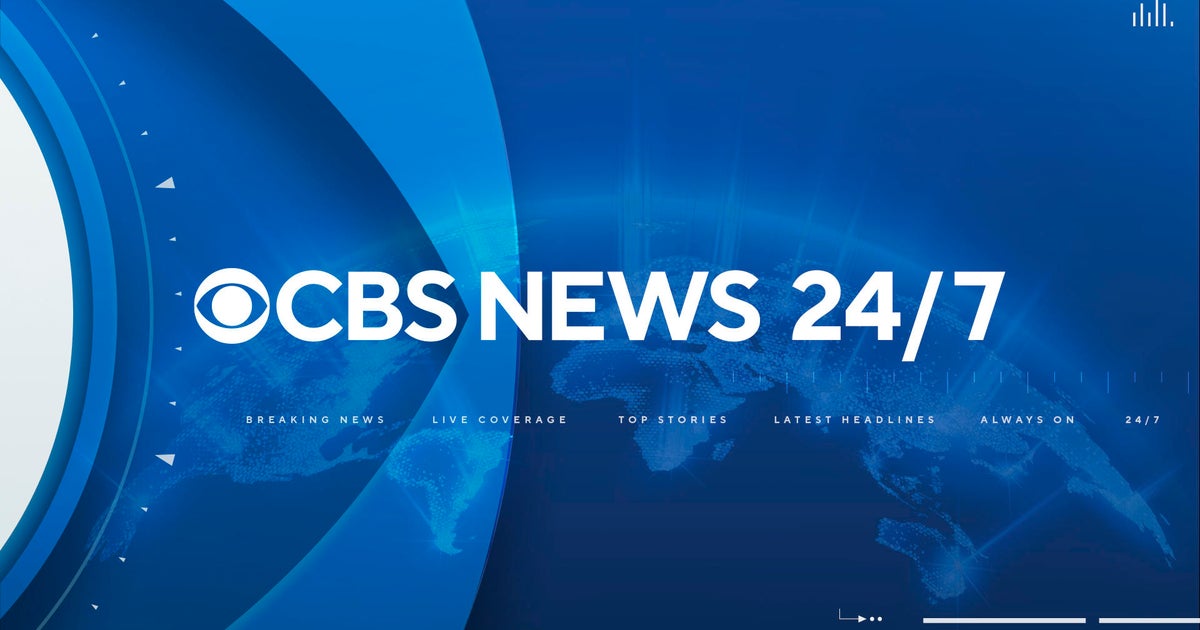Your Best Source for Breaking and Live News
Your Best Source for Breaking and Live News
Blog Article
Browsing the Information Landscape: Tips for Finding Credible Information
In an age where details is abundant yet typically undependable, browsing the information landscape with discernment is critical. Establishing the credibility of sources is the very first step, as understanding the certifications of authors and the credibility of their publications can considerably influence the top quality of details consumed. Recognizing predispositions and cross-checking truths are necessary practices for cultivating informed perspectives - news. As we take into consideration these techniques, one have to doubt just how to effectively apply them in today's swiftly advancing media setting-- an exploration that might expose greater than prepared for regarding our involvement with news.
Assessing Resource Trustworthiness
Evaluating resource credibility is crucial for making sure the integrity of information in an age marked by information overload. As people browse various types of media, from electronic short articles to social networks, critical qualified sources ends up being vital. Secret variables to take into consideration when assessing resource integrity include the authority of the writer, the publication's track record, and the proof offered to sustain claims.
First, take a look at the writer's qualifications and know-how in the topic. Authors with relevant scholastic or professional histories are a lot more likely to provide trustworthy understandings. Next, take into consideration the magazine's reputation; established media electrical outlets commonly comply with journalistic criteria and fact-checking procedures, making them a lot more reliable.
Furthermore, analyze the top quality and significance of the proof offered. Legitimate resources usually mention peer-reviewed research studies, professional interviews, or main stats, which bolsters their cases.
Cross-Checking Details
Cross-checking info is an important practice for verifying the accuracy of insurance claims and preventing the challenges of false information. This process includes comparing information from multiple reputable sources to establish its credibility.
To effectively cross-check details, it is vital to utilize varied resources, including developed news organizations, academic journals, and professional opinions. Each source might give a distinct viewpoint or extra context that boosts understanding. Pay interest to the magazine dates of the details being examined, as updates or improvements might have been provided.
In addition, take into consideration the context in which details exists. Search for proving evidence, such as data, interviews, or firsthand accounts, that provide integrity to a claim. Beware of marvelous headings or emotionally charged language, as these can indicate an effort to manipulate understanding.
Identifying Prejudice and Viewpoint
Recognizing bias and point of view is essential for navigating the complex landscape of information. Every item of information is filteringed system through the lens of the writer's experiences, ideas, and affiliations, which can dramatically shape the narrative provided. As customers of details, it is vital to recognize these prejudices, as they can result in altered understandings of fact.

It is additionally crucial to recognize your own predispositions. Individual beliefs can influence how you translate information, making it crucial to approach news with an important mindset. Involving with diverse viewpoints can assist neutralize individual biases, enabling a more rounded understanding of concerns.
Ultimately, acknowledging predisposition and point of view in information reporting is not simply a scholastic exercise; it is an important skill for educated citizenship in an autonomous culture. By growing this understanding, people can informative post make even more check my site informed choices and add to an extra nuanced public discourse.
Comprehending Fact-Checking Resources
Fact-checking sources play a pivotal role in discerning the precision of info in an age noted by false information and sensationalism. These sources, that include independent companies and on-line platforms, are committed to confirming cases made by somebodies, media outlets, and social networks posts. They use strenuous techniques to analyze the credibility of declarations, often citing initial sources and offering context to facilitate understanding.
Some widely known fact-checking organizations, such as Snopes, FactCheck.org, and PolitiFact, emphasis on different subjects, from political rhetoric to viral net cases. Their job not only disproves incorrect information however additionally stresses the significance of evidence-based discourse. By consulting these resources, people can develop a more discerning technique to the information they run into.
Additionally, several fact-checking systems provide user-friendly user check over here interfaces that enable quick searches by subject or case, making it simpler for customers to locate appropriate details immediately. Involving with fact-checking sources fosters important reasoning and gears up customers with the tools needed to browse the complex news landscape effectively, inevitably advertising a more educated public discussion.

Using Trusted News Aggregators
In today's hectic info landscape, relied on information aggregators act as useful devices for individuals looking for reputable information resources. These platforms assemble newspaper article from different reputable outlets, providing individuals with a consolidated sight of current occasions. By curating content from developed media companies, collectors assist individuals stay clear of the challenges of false information and sensationalism usually prevalent in less trustworthy resources.
When using news aggregators, it is essential to choose ones that focus on quality over quantity. Try to find systems that use rigorous content criteria, ensuring that the information offered is exact and credible. Popular collectors like Google News, Feedly, and Flipboard enable customers to customize their news feeds based upon topics of passion, enabling a tailored experience that can improve knowledge and understanding.
Additionally, aggregators commonly include attributes such as fact-checking combinations and user rankings, additionally helping customers in discerning reliable information - news. Nonetheless, while information collectors are helpful, individuals should continue to be attentive and cross-reference information with key resources when necessary. By leveraging relied on information collectors successfully, people can navigate the complex media landscape while remaining informed with credible and varied viewpoints
Conclusion
To conclude, browsing the news landscape demands a methodical method to guarantee the intake of reliable info. Assessing source trustworthiness, cross-checking truths, and acknowledging predispositions are necessary methods for notified discussion. Furthermore, making use of fact-checking sources and relied on news aggregators improves the capability to determine precise reporting from false information. By using these strategies, people can add to an extra educated public discussion and foster critical reasoning despite an increasingly complex media setting.
Report this page